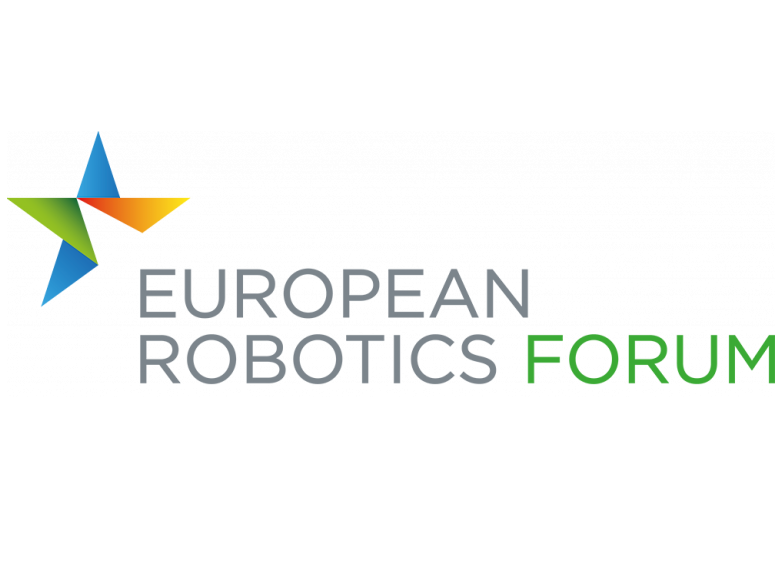ERF 2021 Workshop on "Soft objects robotic manipulation for the future of European factories"

The four projects are co-organizing a workshop on the 13th of April, during the European Robotics Forum 2021 virtual edition, to compare their approaches to soft objects manipulation and to identify synergies and specificities. It aims to increase awareness of the importance of developing solutions for manipulating soft and deformable objects, to inform about the main scientific and technical challenges involved, and to highlight the economic and societal impact of such solutions for the European industry. In order to give the audience an overview of the specific needs of various industries, each project will focus its presentation on one chosen use-case - although they all cover several industrial sectors in their work plan. Thus, use cases from the textile, electric, toy and food industries will be presented, describing current industrial situation, needs and specificity of a robotic cell, technological challenges and proposed approaches, and elements that can be applied to other cases. Finally, a 25 minutes roundtable and Q&A will discuss synergies between the four projects, the changes in relative function and place of humans and robots in future European factories, and possibilities for standardization.
Registration required:
https://www.eu-robotics.net/robotics_forum/registration/index.html(opens in new window)
Agenda:
11:20
The Factories of the Future
Welcome and introduction from José Carlos Caldeira, Honorary Board Member, EFFRA - European Factories of the Future Research Association
11:25
Robotic manipulation for the textile industry: the MERGING project
Dionisis Andronas, project technical manager of MERGING
Current industrial situation - needs and specificity of a robotic cell in this use-case - technological challenges and proposed approach - elements that can be applied to other cases.
11:40
Robotic manipulation for the food industry: the APRIL project
Xenia Beltran, project coordinator of APRIL
Current industrial situation - needs and specificity of a robotic cell in this use-case - technological challenges and proposed approach - elements that can be applied to other cases.
11:55
Robotic manipulation for the electric industry: the REMODEL project
Gianluca Palli, project coordinator of REMODEL
Current industrial situation - needs and specificity of a robotic cell in this use-case - technological challenges and proposed approach - elements that can be applied to other cases.
12:10
Robotic manipulation for the toy industry: the SOFTMANBOT project Juan Antonio Corrales Ramón, project technical manager of SOFTMANBOT
Current industrial situation - needs and specificity of a robotic cell in this use-case - technological challenges and proposed approach - elements that can be applied to other cases.
12:25
Final roundtable, Q&A
Moderators: Marco Controzzi (Principal investigator, APRIL project) and Nicola Nosengo (Dissemination manager, MERGING project)
Synergies between the four projects; opportunities for standardisation; how the function and place of humans and robots will change in future European factories.
Keywords
robotics, ai, manufacturing, soft robotics


